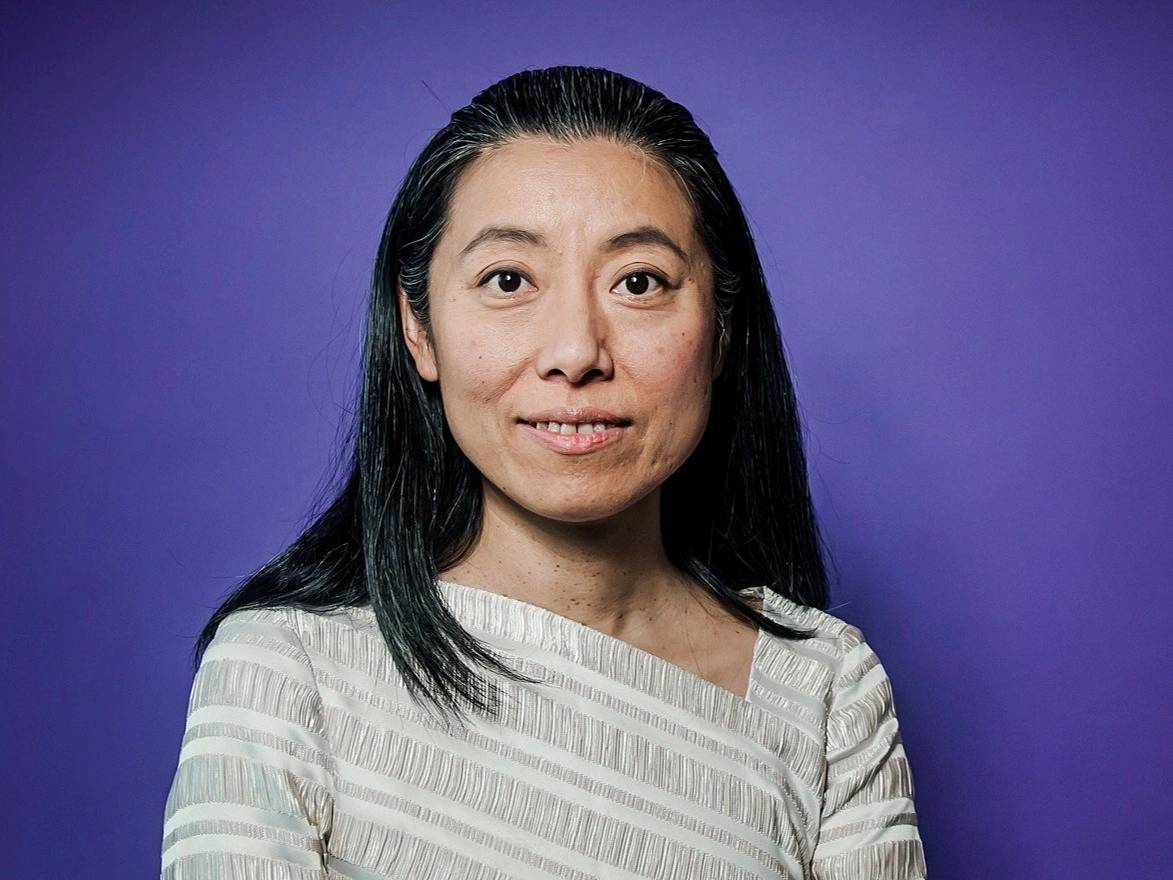위키 구독하기
Share wiki
Bookmark
Dawn Song
0%
Dawn Song
Dawn Song은 중국계 미국인 컴퓨터 과학 교수로, 캘리포니아 대학교 버클리에서 컴퓨터 보안, 인공 지능, 블록체인 기술에 대한 공헌으로 인정받고 있습니다. [3]
그녀는 사용자 개인 정보 보호를 위해 오아시스 네트워크로 알려진 블록체인 기술을 사용하는 클라우드 컴퓨팅 회사인 Oasis Labs의 설립자이자 CEO입니다.
경력
교육 및 초기 경력
Song 박사는 1996년 칭화대학교에서 물리학 학사 학위를 받았고, 1998년 카네기 멜론 대학교에서 컴퓨터 과학 석사 학위를 받았습니다. 2002년에는 캘리포니아 대학교 버클리에서 박사 학위를 취득하여 컴퓨터 과학, 보안, 인공 지능 분야에서 능숙함을 입증했습니다. 2002년부터 2007년까지 Song 박사는 카네기 멜론 대학교에서 조교수로 재직했으며, 이후 UC 버클리 교수로 합류했습니다. [1][5]
연구 초점
Song 박사의 연구는 컴퓨터 시스템을 공격에 취약하게 만드는 소프트웨어, 하드웨어, 네트워크 간의 상호 작용을 탐구합니다. 그녀는 컴퓨터 시스템 및 네트워크의 보안 문제를 이해하고 완화하기 위해 이론적 접근 방식을 사용합니다. 그녀의 연구는 소프트웨어 보안, 네트워크 보안, 데이터베이스 보안, 분산 시스템 보안, 응용 암호화, 머신 러닝과 보안의 교차점을 포함한 다양한 영역에 걸쳐 있습니다. [6]
Song 박사는 악성 코드를 분석하고 보안 패치를 사용할 수 있을 때까지 자율적으로 보호 필터를 생성하는 BitBlaze 플랫폼을 만들었습니다. 이 프로그램은 패치를 검사하고 취약점을 악용하는 새로운 악성 코드를 생성하여 프로그래머에게 효과적인 보안 패치를 만드는 데 지침을 제공합니다. 보안 공격 후 BitBlaze는 동일한 취약점을 대상으로 하는 다양한 미래 공격으로부터 방어할 수 있습니다. BitBlaze는 나중에 Google Chrome 웹 브라우저에 통합되었습니다. [5]
수상 및 표창
2010년에는 시스템 활동 패턴을 분석하여 잠재적인 보안 침해를 식별하는 기술을 개발하는 등 악성 코드로부터 컴퓨터 시스템을 보호하기 위한 노력으로 맥아더 재단 펠로우십을 받았습니다. [2]
보안 및 개인 정보 보호 문제에 대한 Song 박사의 기여는 젊은 교수를 위한 국립 과학 재단 CAREER 상, 세계 최고의 젊은 혁신가 중 한 명으로 인정받는 MIT Technology Review 상, 구겐하임 펠로우십, Alfred P. Sloan Research Fellowship, IBM Faculty Award 등 수많은 상을 받았습니다. [2]
Oasis Labs
2018년 Song 박사는 Bobby Jaros(COO), Noah Johnson(CPO), Raymond Cheng(CTO)과 함께 Oasis Labs를 공동 설립했습니다. Oasis Labs는 개인 정보 보호 및 보안 조치와 향상된 처리 기능을 통해 사용자에게 데이터 제어권을 되돌려주는 데 주력합니다. 이 조직은 블록체인 기술과 통합된 머신 러닝을 포함하여 클라우드 규모의 실용적인 애플리케이션 배포를 용이하게 하는 하드웨어 및 소프트웨어 기술을 사용합니다. [7]
인터뷰
블록체인 및 개인 정보 보호
2022년 9월 28일, Song 박사는 Nasdaq의 "TradeTalks"에서 Jill Malandrino와 인터뷰를 통해 Web3 기술 분야에서 Oasis Labs의 혁신에 대해 논의했습니다. [9]
"Oasis는 차세대 블록체인 아키텍처이며 실제로 블록체인이 훨씬 더 큰 확장성을 갖도록 하기 위해 실행과 합의를 분리하는 이 모듈식 아키텍처를 제안한 최초의 아키텍처입니다. 실행과 합의를 분리했기 때문에 Oasis가 보유한 이 새로운 블록체인 및 아키텍처에 대한 이 계층화된 모듈식 아키텍처 덕분에 훨씬 더 강력한 개인 정보 보호 기능을 제공할 수 있습니다."
그녀는 당시 Oasis Labs의 최신 제품인 Sapphire가 블록체인에서 사용자 개인 정보 보호에 상당한 혁신을 가져왔다고 설명했습니다. [9]
"오늘날 모든 Solidity 스마트 계약을 이 Sapphire 기밀 EVM 환경으로 쉽게 이동할 수 있으므로 애플리케이션은 계약 상태에 대한 즉시 사용 가능한 기밀성을 얻고 따라서 사용자는 개인 정보 보호를 받습니다." "Sapphire는 제가 언급했듯이 다시 한번 진정한 게임 체인저라고 생각하며 실제로 고독한 스마트 계약을 사용하는 모든 사람에게 Sapphire를 사용하는 데 단점이 없으며 더 강력한 보안과 더 강력한 개인 정보 보호를 제공하는 데 장점만 있습니다."
책임 있는 데이터 경제
2020년 10월 2일, Song 박사는 Outlier Ventures와 인터뷰를 했습니다. 인터뷰에서 그녀는 사용자에게 데이터 제어권을 부여하는 것의 중요성을 강조하고 개인 정보 보호의 필요성을 강조했습니다. 그녀는 책임 있는 데이터 경제 프레임워크라고 부르는 것을 정의합니다. [8]
"이 새로운 프레임워크는 사용자가 데이터 사용 방식을 제어할 수 있도록 데이터에 대한 사용자의 권리를 확립하고 보장하는 것을 목표로 합니다. 동시에 사용자의 권리를 준수하고 존중하며 시행하면서 보다 효과적인 데이터 활용을 촉진합니다. 이것이 책임 있는 데이터 경제의 본질을 캡슐화합니다."
그녀는 나중에 블록체인과 머신 러닝을 결합하는 이점을 설명하고 오아시스 네트워크가 두 가지 개념을 모두 사용하여 책임 있는 데이터 경제를 만드는 방법을 논의합니다. [8]
"Oasis 네트워크 및 플랫폼에서는 블록체인과 보안 컴퓨팅을 결합합니다. 블록체인은 데이터에 대한 사용자의 권리와 데이터 활용 정책에 대한 상호 원장 역할을 합니다. 머신 러닝, 특히 딥 러닝과 같은 방법에서는 데이터에 대한 상당한 요구가 있으며 종종 이 데이터는 민감할 수 있습니다. Oasis 플랫폼과 책임 있는 데이터 경제를 통해 사용자가 데이터를 제어할 수 있도록 돕는 것을 목표로 합니다. 동시에 데이터는 개인 정보 보호 방식으로 활용될 수 있습니다."
잘못된 내용이 있나요?
